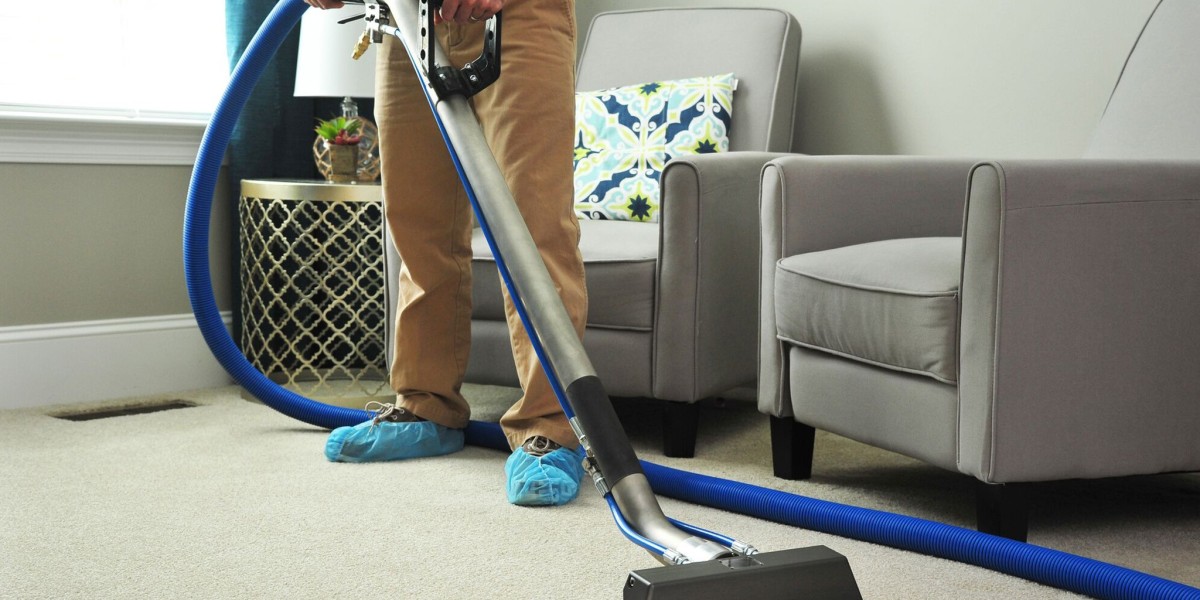Fensa, an acronym for the Fenestration Self-Assessment Scheme, plays a pivotal role in the construction and building industry, particularly in the United Kingdom. Established to ensure that the installation of windows, doors, and other fenestration products meets the required safety and quality standards, Fensa is an essential framework that benefits homeowners, builders, and the environment alike. This article delves into the significance of Fensa, its operational mechanisms, and its impact on modern society.
The Foundation of Fensa
Fensa was introduced in 2002 as a response to the increasing need for quality assurance in the home improvement sector, particularly concerning the installation of double glazing. Prior to Fensa's establishment, homeowners often faced challenges regarding the quality and safety of installations, leading to concerns over energy efficiency, security, and compliance with building regulations. The scheme was designed to provide a straightforward way for installers to demonstrate compliance with the relevant building regulations, thereby protecting consumers and enhancing the reputation of the industry.
How Fensa Works
Fensa operates by certifying installers who meet specific criteria and adhere to industry standards. Installers must undergo rigorous training and assessment to ensure they are knowledgeable about current building regulations and best practices. Once certified, these installers can self-certify their work, allowing them to submit a certificate of compliance directly to the local authority without the need for an additional inspection.
The Fensa certification process involves several key steps:
- Application and Assessment: Installers apply for certification and undergo an assessment to ensure they meet the necessary standards.
- Training and Education: Successful applicants receive training on building regulations, installation techniques, and customer service.
- Self-Certification: Certified installers can self-certify their installations, providing homeowners with a Fensa certificate that confirms compliance with building regulations.
- Auditing: Fensa conducts regular audits to ensure that certified installers maintain high standards and comply with the scheme's requirements.
Benefits for Homeowners
One of the primary advantages of Fensa for homeowners is the assurance of quality and safety. When homeowners choose a Fensa-certified installer, they can be confident that the work will meet the required standards, reducing the risk of future issues related to energy efficiency, security, and compliance. Additionally, Fensa certificates can enhance the value of a property, as potential buyers often look for evidence of compliant installations.
Moreover, the Fensa scheme contributes to energy efficiency. By ensuring that windows and doors are installed correctly, Fensa helps homeowners reduce their energy bills and carbon footprint. Properly installed fenestration products can significantly improve insulation, leading to lower energy consumption and a more comfortable living environment.
The Impact on the Industry
Fensa's introduction has had a profound impact on the fenestration industry. By elevating standards and promoting best practices, the scheme has helped to improve the overall quality of installations across the sector. This has fostered a culture of professionalism and accountability among installers, encouraging them to invest in training and skills development.
Furthermore, Fensa has played a crucial role in enhancing consumer trust in the industry. As homeowners become more aware of the importance of compliance with building regulations, they are increasingly seeking out certified installers. This shift in consumer behavior has prompted many installers to pursue Fensa certification, leading to a more competitive market characterized by higher standards.
Environmental Considerations
In addition to its benefits for homeowners and the industry, Fensa also aligns with broader environmental goals. The scheme encourages the installation of energy-efficient products, which are vital in the fight against climate change. By promoting the use of double glazing and other energy-efficient fenestration solutions, Fensa contributes to reducing greenhouse gas emissions and supports the UK's commitment to achieving net-zero carbon emissions by 2050.
Moreover, Fensa's emphasis on compliance with building regulations ensures that installations do not compromise the structural integrity of buildings. This is particularly important in the context of climate resilience, as properly installed fenestration products can help buildings withstand extreme weather events.
The Future of Fensa
As the construction industry continues to evolve, Fensa must adapt to emerging trends and challenges. The growing focus on sustainability and energy efficiency is likely to shape the future of the scheme. Fensa may need to incorporate new technologies and practices that promote environmentally friendly installations, such as the use of sustainable materials and innovative energy-saving solutions.

Additionally, the rise of smart home technology presents both opportunities and challenges for Fensa. As homeowners increasingly seek to integrate smart systems into their homes, Fensa will need to ensure that certified installers are equipped to handle these advanced installations while maintaining compliance with building regulations.
Conclusion
Fensa plays a crucial role in ensuring the quality, safety, and energy efficiency of fenestration installations in the UK. By providing a framework for certification and self-assessment, Fensa not only protects homeowners but also elevates the standards of the industry. As society continues to prioritize sustainability and innovation, Fensa must remain adaptable to meet the evolving needs of homeowners and the environment. Ultimately, the importance of Fensa cannot be overstated, as it contributes to safer, more efficient, and environmentally friendly living spaces for all.







